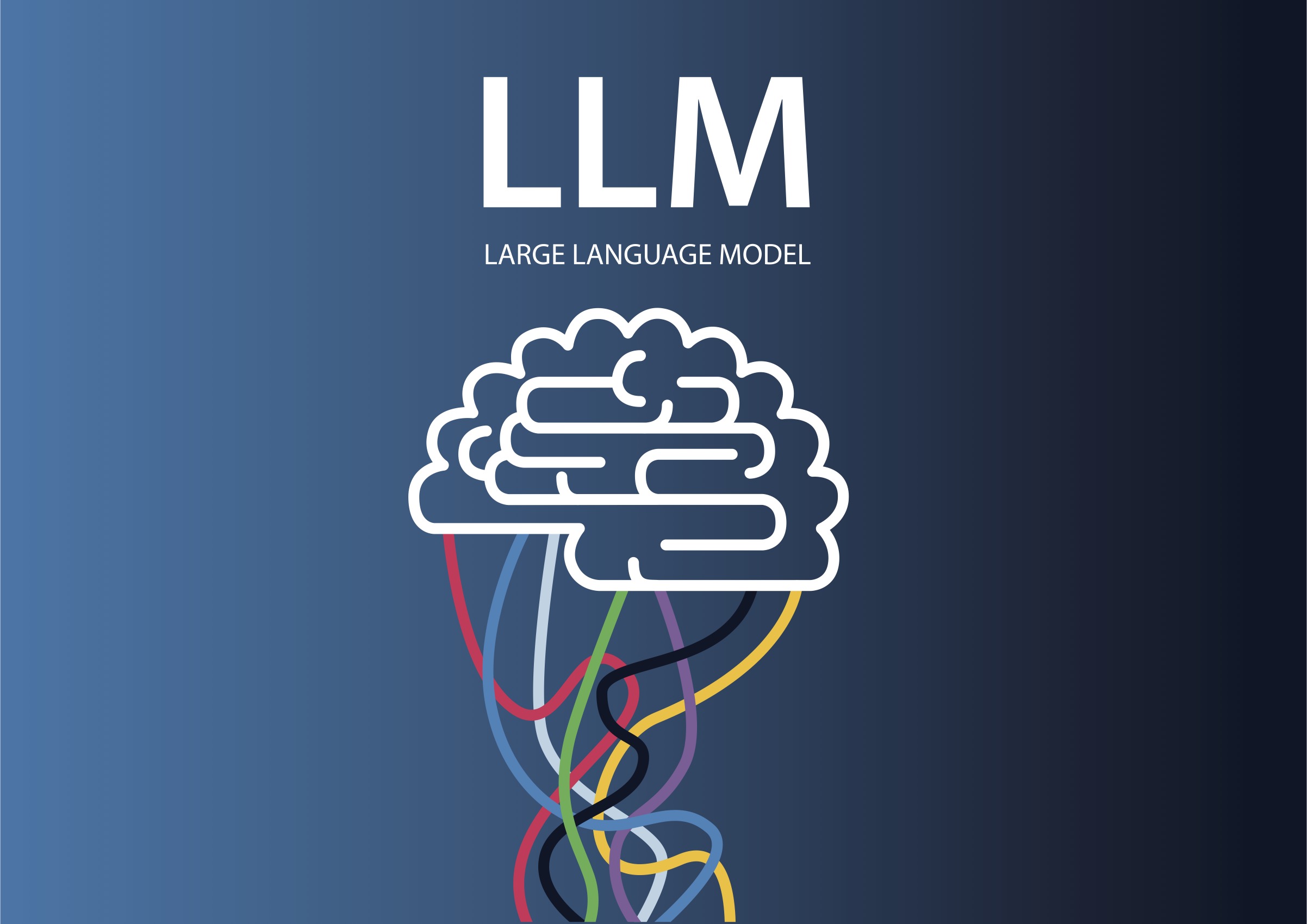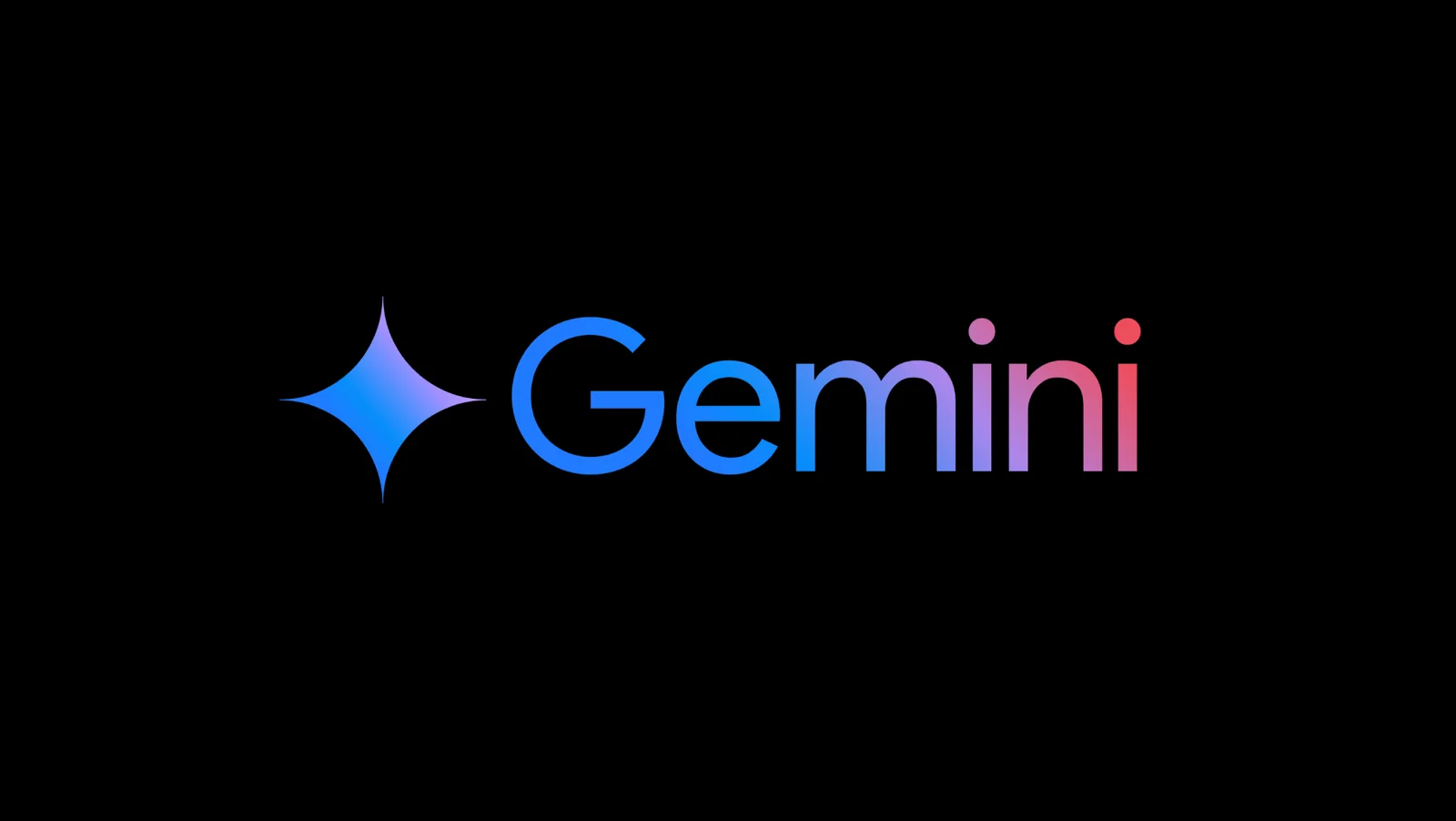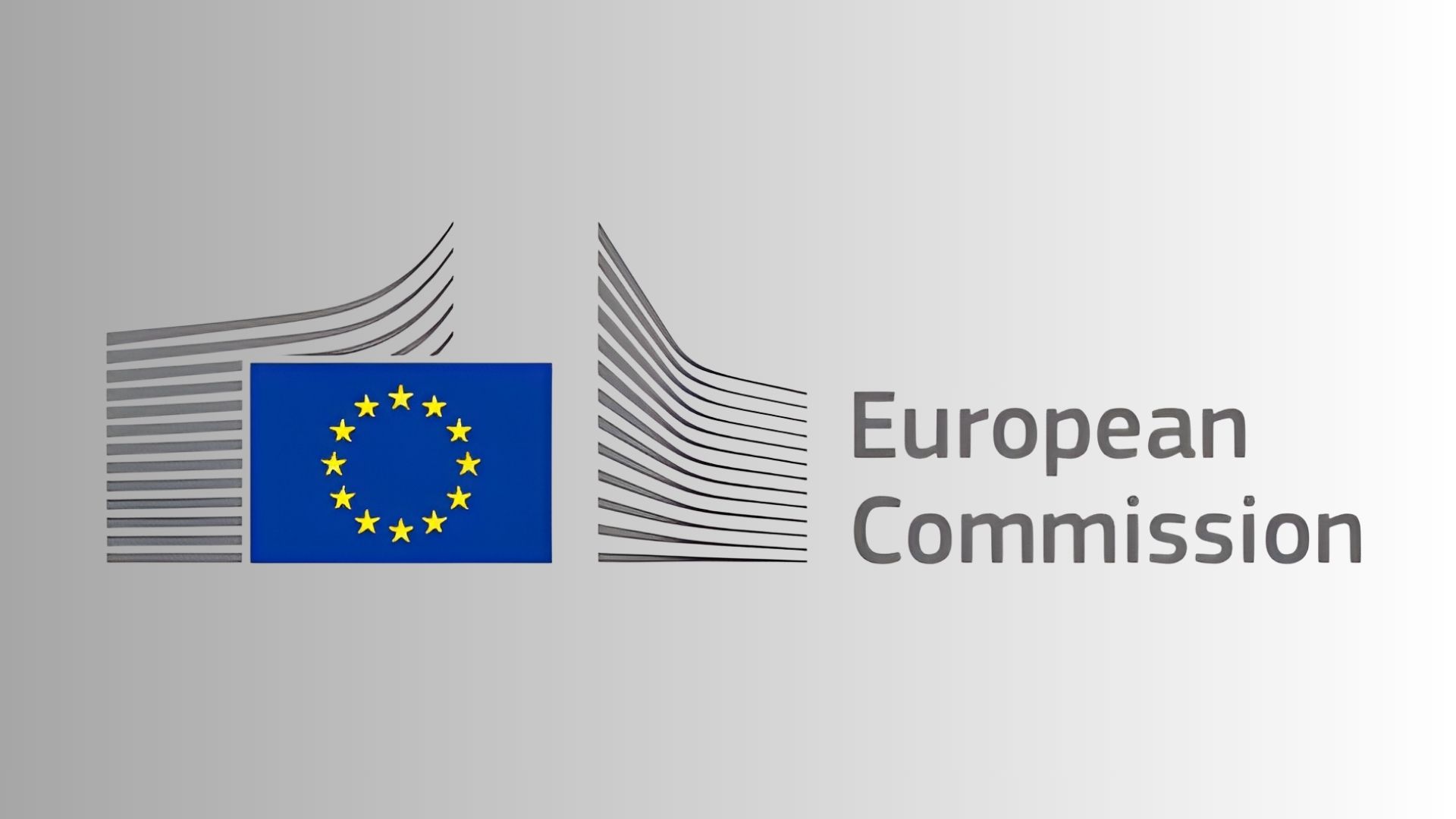
Ant Group has unveiled its Ling AI model family, introducing Ling-1T, a trillion-parameter large language model that has been open-sourced for public use.
The Ling family now includes three main series: the Ling non-thinking models, the Ring thinking models, and the multimodal Ming models.
Ling-1T delivers state-of-the-art performance in code generation, mathematical reasoning, and logical problem-solving, achieving 70.42% accuracy on the 2025 AIME benchmark.
A model that combines efficient inference with strong reasoning capabilities, marking a major advance in AI development for complex cognitive tasks.
Company’s Chief Technology Officer, He Zhengyu, said that Ant Group views AGI as a public good that should benefit society.
The release of Ling-1T and the earlier Ring-1T-preview underscores Ant Group’s commitment to open, collaborative AI innovation and the development of inclusive AGI technologies.
Would you like to learn more about AI, tech and digital diplomacy? If so, ask our Diplo chatbot!

Google is seeking permission to bundle its Gemini AI application with long-standing services such as YouTube and Maps, even as US regulators press for restrictions to curb its dominance in search.
At a recent court hearing, Google’s lawyer John Schmidtlein told Judge Amit Mehta that tying Gemini to its core apps is vital to delivering a consistent AI experience across its ecosystem.
He insisted the courts should not treat the AI market as a settled domain subject to old rules, and claimed that neither Maps nor YouTube is a monopoly product justifying special constraints.
The government’s position is more cautious. During the hearing, Judge Mehta questioned whether allowing Google to require its AI app to be installed to access Maps or YouTube would give it unfair leverage over competitors, mirroring past practices that regulators found harmful in search and browser markets.
This moment frames a broader tension: how antitrust frameworks will adapt (or not) when dominant platforms seek to integrate generative AI across many services. The outcome could shape the future of bundling practices and interoperability in AI ecosystems.
Would you like to learn more about AI, tech and digital diplomacy? If so, ask our Diplo chatbot!

Intel has revealed its next-gen client and server processors using Intel 18A, the most advanced US-made semiconductor node. The new Intel Core Ultra 3 (Panther Lake) and Xeon 6+ (Clearwater Forest) promise major performance and efficiency gains, with production already underway at Fab 52 in Arizona.
Panther Lake introduces a scalable multi-chiplet architecture for consumer and commercial AI PCs, gaming devices, and edge applications. It offers over 50% faster CPU and GPU performance, up to 180 TOPS for AI, and new robotics AI capabilities.
High-volume production begins later this year, with broad availability expected in January 2026.
Clearwater Forest is designed for hyperscale data centres, cloud providers, and telcos. Built entirely on Intel 18A, the Xeon 6+ processor offers up to 288 E-cores, a 17% IPC uplift, and improved density, throughput, and power efficiency.
It is set to launch in the first half of 2026.
Intel 18A underpins at least three upcoming generations of client and server products, with key innovations including RibbonFET transistors, PowerVia backside power delivery, and Foveros advanced packaging.
Fab 52 further strengthens the company’s US manufacturing leadership, supporting domestic production and strategic supply chain resilience.
Would you like to learn more about AI, tech and digital diplomacy? If so, ask our Diplo chatbot!

Microsoft Azure has launched the world’s first NVIDIA GB300 NVL72 supercomputing cluster, explicitly designed for OpenAI’s large-scale AI workloads.
The new NDv6 GB300 VM series integrates over 4,600 NVIDIA Blackwell Ultra GPUs, representing a significant step forward in US AI infrastructure and innovation leadership.
Each rack-scale system combines 72 GPUs and 36 Grace CPUs, offering 37 terabytes of fast memory and 1.44 exaflops of FP4 performance.
A configuration that supports complex reasoning and multimodal AI systems, achieving up to five times the throughput of the previous NVIDIA Hopper architecture in MLPerf benchmarks.
The cluster is built on NVIDIA’s Quantum-X800 InfiniBand network, delivering 800 Gb/s of bandwidth per GPU for unified, high-speed performance.
Microsoft and NVIDIA’s long-standing collaboration has enabled a system capable of powering trillion-parameter models, positioning Azure at the forefront of the next generation of AI training and deployment.
Would you like to learn more about AI, tech and digital diplomacy? If so, ask our Diplo chatbot!

The Nobel Prize in Physics has spotlighted quantum mechanics’ growing role in shaping a smarter, more sustainable future. Such advances are reshaping technology across communications and energy.
Researchers are finding new ways to use quantum effects to boost efficiency. Quantum computing could ease AI’s power demands, while novel production methods may transform energy systems.
A Institute of Science Tokyo team has built a quantum energy harvester that captures waste heat and converts it into power, bypassing traditional thermodynamic limits.
MIT has observed frictionless electron movement, and new quantum batteries promise faster charging by storing energy in photons. The breakthroughs could enable cleaner and more efficient technologies.
Quantum advances offer huge opportunities but also risks, including threats to encryption. Responsible governance will be crucial to ensure these technologies serve the public good.
Would you like to learn more about AI, tech, and digital diplomacy? If so, ask our Diplo chatbot!

Researchers are using satellite imagery and AI modelling to map global mining activity and close critical data gaps. Transition minerals, such as lithium and copper, are vital for renewable technologies but often come from ecologically sensitive regions, raising concerns about both environmental and social impacts.
Project lead Victor Maus from the Vienna University of Economics and Business said many new projects overlap with areas of high biodiversity or Indigenous lands. Over half of transition mineral resources are on or near Indigenous or subsistence farming territories, according to earlier studies.
Previous mapping efforts have struggled to document small-scale and informal mining, which remains unregulated despite its impact. Maus’s team compared satellite images of 120,000 square kilometres of mine footprints with the S&P Capital IQ Pro database and found over half missing.
To close these gaps, the team is creating a mining database under the EU-funded Mine the Gap initiative. By combining multispectral, radar, and hyperspectral imagery with AI, they aim to monitor land use, waste generation, and environmental degradation.
Experts say the database could support policymakers and increase transparency. Maus emphasised that global reporting standards are crucial for enhancing accountability and informing decisions on managing the environmental and social impacts of mining.
Would you like to learn more about AI, tech, and digital diplomacy? If so, ask our Diplo chatbot!

Countries are racing to harness AI, and the European Commission has unveiled two strategies to maintain Europe’s competitiveness. Apply AI targets faster adoption across industries and the public sector, while AI in Science focuses on boosting Europe’s research leadership.
Commission President Ursula von der Leyen stated that Europe must shape AI’s future by balancing innovation and safety. The European Commission is mobilising €1 billion to boost adoption in healthcare, manufacturing, energy, defence, and culture, while supporting SMEs.
Measures include creating AI-powered screening centres for healthcare, backing frontier models, and upgrading testing infrastructure. An Apply AI Alliance will unite industry, academia, civil society, and public bodies to coordinate action, while an AI Observatory will monitor sector trends and impacts.
The AI in Science Strategy centres on RAISE, a new virtual institute to pool and coordinate resources for applying AI in research. Investments include €600 million in compute power through Horizon Europe and €58 million for talent networks, alongside plans to double annual AI research funding to over €3 billion.
The EU aims to position itself as a global hub for trustworthy and innovative AI by linking infrastructure, data, skills, and investment. Upcoming events, such as the AI in Science Summit in Copenhagen, will showcase new initiatives as Europe pushes to translate its AI ambitions into tangible outcomes.
Would you like to learn more about AI, tech, and digital diplomacy? If so, ask our Diplo chatbot!

The European Commission has launched the AI in Science Strategy to position Europe at the forefront of AI-driven research and innovation. RAISE, a virtual European institute, pools AI resources to support scientific research and advance capabilities across Europe.
The strategy aims to attract global talent, provide €600 million from Horizon Europe for computational power, and double annual AI investments to over €3 billion. These measures aim to ensure researchers and startups have access to the infrastructure needed for AI breakthroughs.
It also supports scientists in identifying strategic data gaps, gathering, curating, and integrating datasets essential for AI in science. By doing so, Europe seeks to create a robust, data-driven environment that accelerates innovation across disciplines.
The Apply AI Strategy is also being implemented to encourage AI adoption in key industries and public services. Together with the AI Act Service Desk and AI Continent Action Plan, these initiatives strengthen Europe’s goal to lead in scientific research and industrial AI adoption.
Would you like to learn more about AI, tech and digital diplomacy? If so, ask our Diplo chatbot!

The US tech giant, Google, has announced a €5 billion investment in Belgium to strengthen its AI and cloud infrastructure over the next two years.
A plan that includes major expansions of its Saint-Ghislain data centre campuses and the creation of 300 full-time jobs.
The company has also signed agreements with Eneco, Luminus and Renner to develop new onshore wind farms and supply the Belgian grid with clean energy.
Alongside the infrastructure push, Google will fund non-profits to deliver free AI training for low-skilled workers, ensuring broader access to digital skills.
By deepening its presence in Belgium, Google aims to bolster the country’s technological and economic future. The initiative marks one of Europe’s largest AI infrastructure investments, reflecting growing competition to secure leadership in the continent’s digital transformation.
Would you like to learn more about AI, tech and digital diplomacy? If so, ask our Diplo chatbot!

Alibaba Group has established a robotics AI team within its Qwen lab, marking a significant step in its strategy to expand into AI-powered hardware.
However, this move reflects China’s broader push to lead in robotics and embodied intelligence, increasingly driven by generative AI and multimodal foundation models.
Qwen researcher Lin Junyang revealed the creation of the robotics unit on social media, describing it as part of Alibaba’s efforts to move AI from the virtual to the physical world.
The lab’s Qwen series has already achieved global prominence, with seven models ranking among the world’s top ten on Hugging Face, including the multimodal Qwen3-Omni in first place.
Group chairman Joe Tsai recently stressed that success in AI depends less on model scale and more on how rapidly technologies are adopted. He argued that China is focused on cost-effective, open-source AI models that can enable faster integration than the high-cost approach pursued in the US.
Alibaba CEO Eddie Wu Yongming confirmed plans to raise AI infrastructure investment to 380 billion yuan over three years to become a full-stack AI provider.
The company also invests in robotics ventures such as Unitree Robotics and X Square Robot, aligning its expansion with national industrial strategies and the country’s accelerating robotics leadership.
Would you like to learn more about AI, tech and digital diplomacy? If so, ask our Diplo chatbot!










